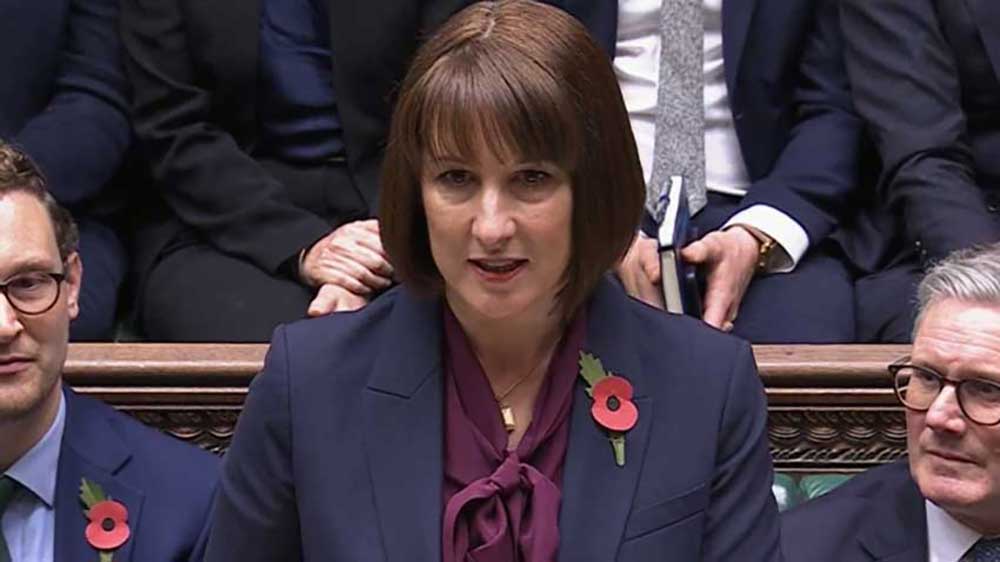The majority of estate agents in England are supportive of Chancellor Rachel Reeves’ potential plans to reform property taxation by scrapping Stamp Duty Land Tax (SDLT), new research shows.
A survey commissioned by estate agent comparison site GetAgent found that two-thirds (66%) of respondents either strongly or somewhat supported the idea of replacing SDLT with a seller-side levy, compared with just 13% who opposed it.
Nearly all agents (92%) believe that removing the upfront cost of stamp duty for buyers would encourage more people to enter the housing market, with almost half (47%) saying it would have a significant impact. The findings reflect widespread industry support for reforms designed to lower barriers to homeownership and stimulate buyer demand.
However, opinion is divided on how any replacement should be structured. Reeves is understood to be considering a new levy on homes valued above £500,000. Almost half (49%) of estate agents agreed this threshold was appropriate, but 44% argued it should be set higher to avoid penalising mainstream sellers.
There is also a strong appetite for more radical reform. Almost four in five agents (79%) said SDLT should be abolished outright without any replacement, while just 15% backed swapping it for a different property tax. Only 10% supported keeping stamp duty in its current form.
Agents also raised concerns about unintended consequences if a seller levy is introduced. A large majority (96%) expect many homeowners would raise their asking prices to cover the cost of the levy, potentially limiting its effectiveness. Even so, 71% believe the overall impact on the housing market would still be positive, compared with just 14% who thought it would be negative.
The findings come as speculation mounts ahead of Reeves’ autumn Budget on 26 November, with housing market reforms expected to be a central feature as the government seeks to boost growth and improve access to homeownership.





